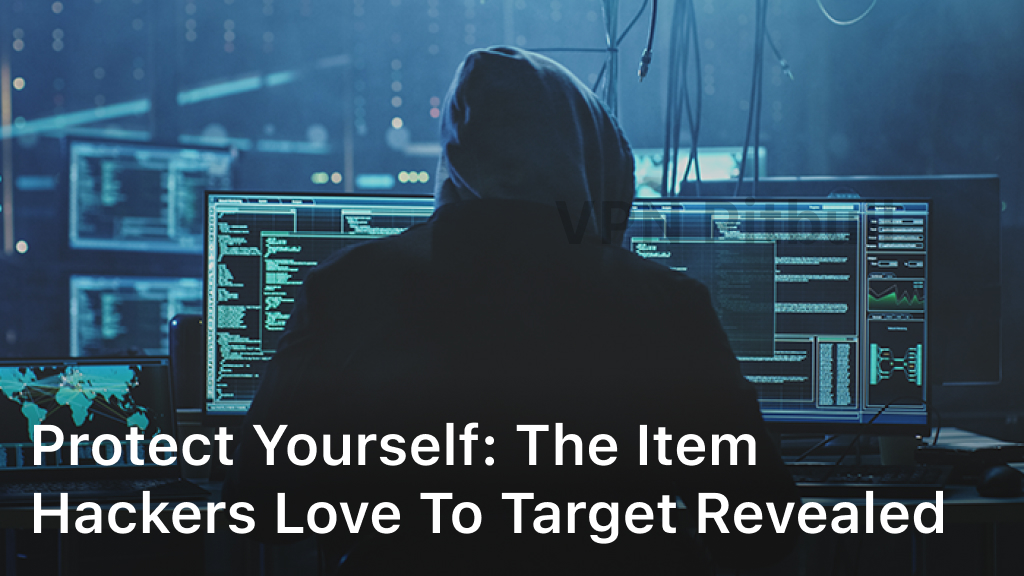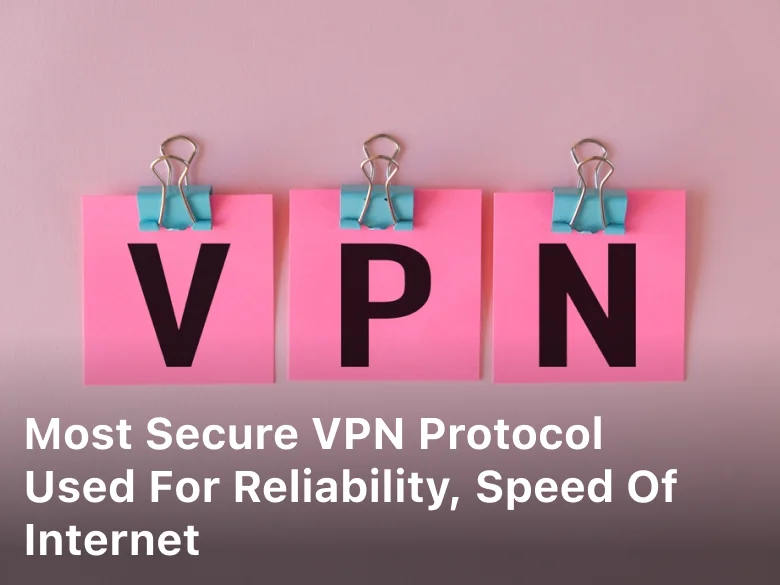How to Tips to Protect Your Child for Safe Online Experience
How to Tips to Protect Your Child for Safe online- understand the importance of keeping kids safe online.
The internet can be a great resource for learning and entertainment, but it can also pose potential risks to children. As parents and caregivers, it is our responsibility to take necessary measures to protect our child’s online experience.
In this section, we will provide expert guidance on internet safety tips for kids, discussing essential strategies to ensure your child has a safe online experience. By following these tips, you can help keep your child protected while they navigate the digital world.
First and foremost, it is crucial to establish clear rules and open communication channels with your child regarding their online activities. By setting expectations and maintaining open lines of communication, you can ensure your child’s safety while allowing them to explore and learn online.
Additionally, installing parental control software and monitoring your child’s online activities can provide an added layer of protection. We will provide information on the best parental control apps available and how to effectively monitor and manage your child’s internet usage.
Furthermore, educating your child about digital footprints and online privacy is crucial in today’s connected world. We will explore ways to teach kids about managing their digital footprint and safeguarding their online privacy.
In conclusion, protecting your child’s online safety requires a combination of education, communication, and technological measures. By following these internet safety tips for kids, you can provide your child with a secure online experience and peace of mind.
How to Tips to Protect Your Child for Safe online
Create Strong Passwords and Teach Cybersecurity Basics
Protecting your child’s online privacy and safety requires teaching them the basics of cybersecurity. One of the most important steps is creating strong passwords. Using simple passwords makes it easy for cybercriminals to hack accounts and gain access to personal information. Therefore, it is critical to teach your child about the significance of strong passwords and how to create them.
Strong Passwords for Kids
When creating passwords, encourage your child to use a mix of upper and lower case letters, numbers, and special characters. Additionally, the password should not be something easily guessed, like a common word or a family member’s name. It is a good idea to create a unique password for each account and avoid using the same password across multiple platforms.
Teach Kids About Cybersecurity
Aside from strong passwords, it is essential to educate your child on the basic principles of cybersecurity. This includes understanding that sharing personal information online can be dangerous and that not all online content is safe to interact with. Additionally, they should know how to identify and avoid phishing scams, malware, and other cyber threats.
Online Privacy for Children
Online privacy is equally crucial in the digital age. Teach your child how to adjust privacy settings to keep personal information safe and limit access to certain online activities. They should also know how to recognize and avoid potentially harmful online interactions, such as communicating with strangers or sharing personal information on unsecured websites.
Establish Clear Rules and Communication Channels
One of the most important factors in ensuring your child’s online safety is setting clear rules and open communication with your child. It is crucial to establish internet safety rules for kids and make sure your child understands the consequences of not following them.
Read More : Most Secure VPN Protocol Used for Reliability, Speed of Internet
Online Safety Rules for Kids
When it comes to setting internet safety rules for kids, it is essential to establish guidelines that suit your child’s age, maturity level, and online activities. Here are some general rules that you may want to consider:
- No sharing of personal information, such as name, address, phone number, or school name.
- No meeting with strangers in person without adult supervision.
- No downloading or installing software or apps without parental permission.
- No cyberbullying or harassment of others.
- No visiting inappropriate websites or accessing mature content.
Parent-Child Communication about Internet Safety
Open communication is vital in ensuring your child’s online safety. Make sure your child feels comfortable coming to you with concerns or questions about their online activities. Keep in mind that communication is a two-way street; you should also initiate conversations with your child about their internet usage.
To maintain open communication channels with your child regarding their online activities, you can:
- Set aside time each day to discuss their online experiences.
- Make sure your child knows they can come to you with any questions or concerns.
- Regularly check in with your child about their internet activities and ask if they have encountered anything that made them uncomfortable or worried.
- Remain non-judgmental and supportive when discussing internet safety issues with your child.
By establishing clear rules and open communication with your child, you can help ensure their online safety and give yourself peace of mind.
Install Parental Control Software and Monitor Online Activities
One of the best ways to ensure your child’s online safety is by installing parental control software and monitoring their online activities. There are many parental control apps available in the market, each with its unique features and benefits. It is crucial to research and find the best one that suits your child’s needs and your budget.
Parental control apps allow you to set limits on your child’s internet usage, block inappropriate content, and regulate the amount of time they spend online. It also enables you to monitor their online activities, including the websites they visit, the apps they download, and the messages they send and receive.
Monitoring your child’s online activities enables you to detect any potential risks or threats to their online safety. It also helps you to identify any problematic online behavior and address it proactively before it escalates.
Internet Filtering for Children
Internet filtering is another essential feature provided by most parental control apps. It allows you to filter out inappropriate or harmful content that your child may come across while browsing the internet. Internet filtering enables you to block specific websites, online search results, and even social media platforms that are not appropriate for children.
However, it’s important to balance the need for internet filtering with your child’s need to explore and learn online. Over-filtering may prevent your child from accessing useful information and resources, hindering their growth and development.
In conclusion, installing parental control software and monitoring your child’s online activities are crucial steps towards ensuring their safety while they navigate the internet. The use of internet filtering can also provide an additional layer of protection. By using these measures, you can help your child develop good online habits and protect them from online threats and dangers.
Educate Your Child about Digital Footprints and Online Privacy

In today’s digital age, it is essential to educate your child about managing their digital footprint and protecting their online privacy. A digital footprint is a trail of online activities that a person leaves behind. These activities can include social media posts, online searches, and website visits.
Teaching your child about digital footprints
As a parent, it is important to teach your child about the concept of digital footprints and the potential consequences of their online activities. Encourage your child to think before they post, and to consider the impact their online activities could have on their future.
It’s also essential to teach your child about the permanence of digital footprints and how they can impact their online reputation. Remind your child that anything they upload to the internet, including photos and comments, can be there forever, even if they delete it later on.
Protecting online privacy of children
In addition to teaching your child about digital footprints, it’s important to provide them with the tools to protect their online privacy. Make sure your child understands the importance of keeping personal information private, such as their full name, address, and phone number.
Encourage your child to use privacy settings on social media platforms and to only share personal information with trusted individuals. Teach them to be wary of online predators and to never engage in conversations with strangers.
By educating your child about digital footprints and online privacy, you can help them to navigate the online world safely and responsibly.
Conclusion
In conclusion, Protect Your Child for Safe online we hope that this article has provided valuable insight into how to keep your child safe online. We understand that the digital world can be overwhelming for parents, but by implementing the tips and strategies we have discussed, you can ensure your child’s safety while they navigate the internet.
Remember, it’s essential to educate your child about online safety, establish clear rules and communication channels, and leverage technological measures like parental control software to keep them safe. By doing so, you can provide your child with a secure online experience and peace of mind.
Thank you for taking the time to read this article. We hope it has been beneficial to you and wish you the best of luck in your efforts to protect your child’s online safety.
FAQ
How can I protect my child’s online safety?
To protect your child’s online safety, it is important to create strong passwords, teach them about cybersecurity basics, establish clear rules, install parental control software, and educate them about digital footprints and online privacy. By implementing these strategies, you can ensure a safer online experience for your child.
What are some tips for creating strong passwords for kids?
When creating passwords for your child, make sure they are unique and not easily guessable. Use a combination of uppercase and lowercase letters, numbers, and symbols. Avoid using personal information or common words. Additionally, encourage your child to use password managers to securely store their passwords.
How can I teach my child about cybersecurity?
Teaching your child about cybersecurity involves educating them about the potential risks of sharing personal information online, the importance of keeping their devices updated with the latest security patches, and the need to be cautious while interacting with strangers online. It is also important to discuss the concept of phishing scams and how to recognize and avoid them.




